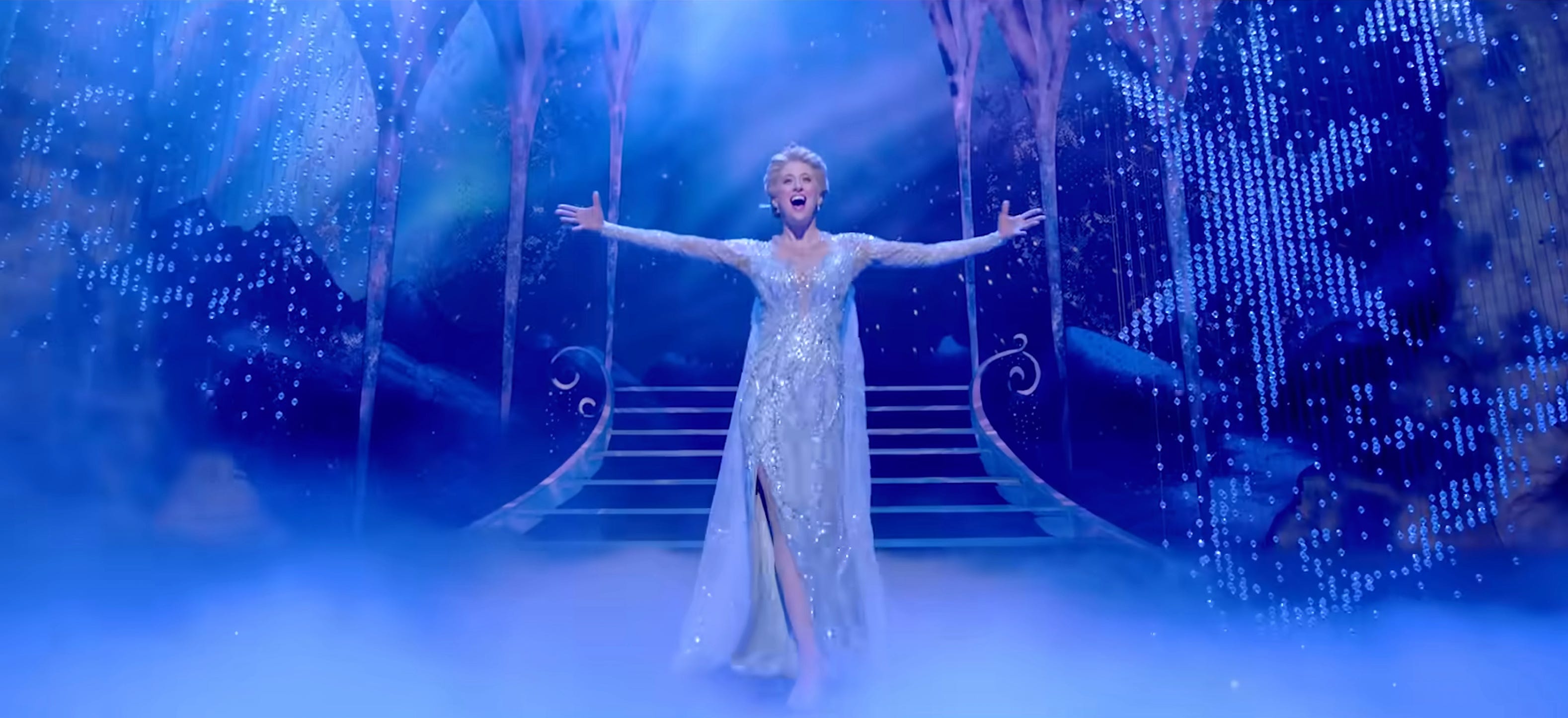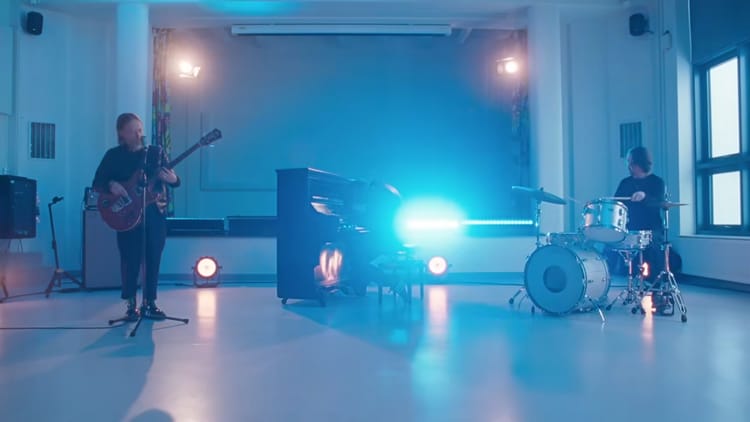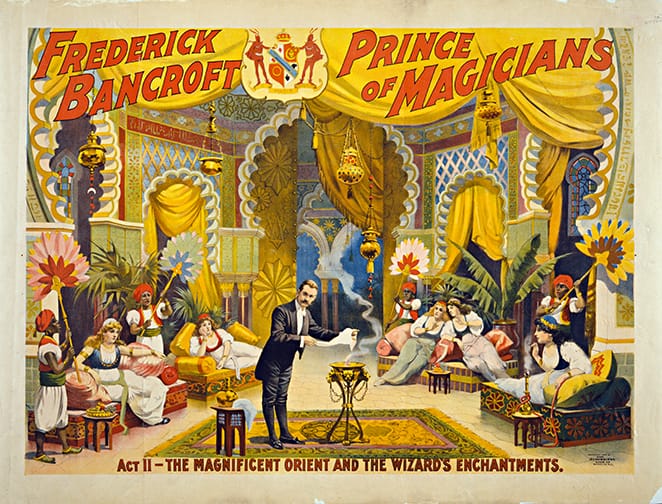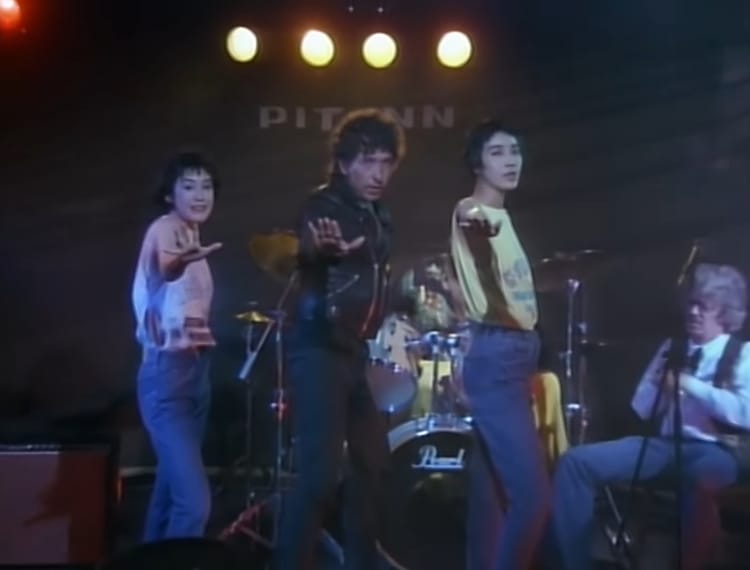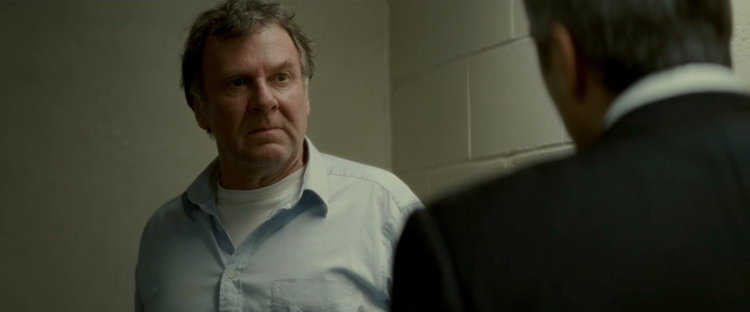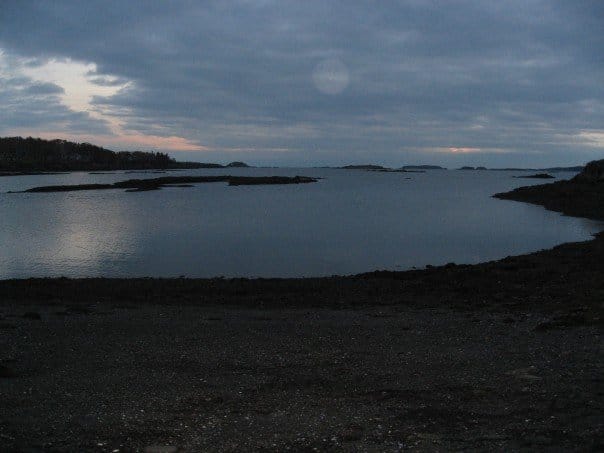Letting It Go
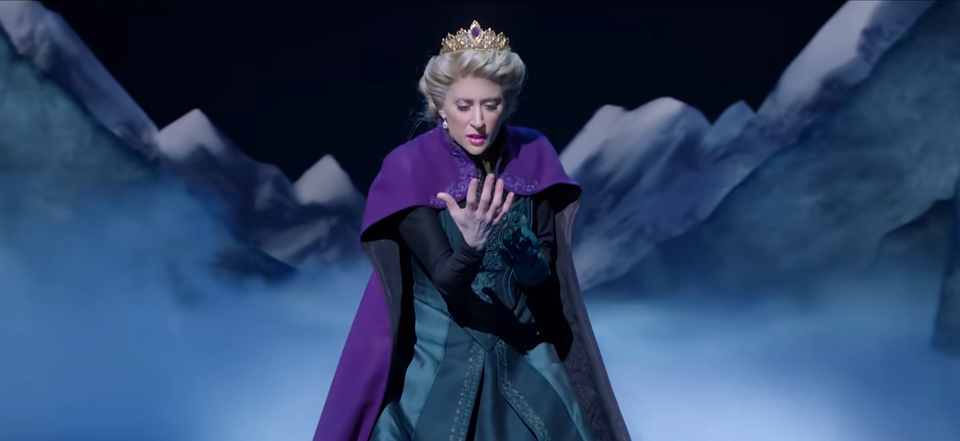
tw (tiresomeness warning): this is another mental health newsletter. For those new here, I tend to write those. Feel free to skip this one; I probably would at this point.
On Thursday, we took the kids out of school early so they could have their first taste of one of my favorite experiences: the moment the lights go down right before a play begins.
Granted, I love the entirety of a good play, and even a not-so-good one. But it’s that first thrill, that moment when anticipation gives way to experience, that I live for. Genuinely, if I had to identify feelings that make any of life’s drudgery worth it, it’s that promise that one day I’ll be going to another play, and getting to feel the lights go down and the show begin.
So what play did we select as our three children’s introduction to musical theater? Well, naturally, that would be the touring production of Frozen: The Hit Broadway Musical (as seems to be the official title, at least according to the cover of the Playbill?)
Look, I’m a 37-year-old man–and I was a 27-year-old man when Frozen came out–so I’m hardly the core audience for this show. But I’m also an appreciator of the Good, and I can admit that Frozen stands head and shoulders above other perfectly decent Disney Animation movies, from Tangled to Encanto (to, as it looks from the marketing, Wish). It’s a sturdy story with justifiably iconic characters. There’s something genuinely profound about the ultimate reveal that the life-saving true love’s kiss comes not from a romantic partner but from a sibling–it’s a note that I can’t recall being played in any other story, and it elevates the movie singlehandedly.
I’m also a moderate enjoyer of Robert Lopez and Kristen Anderson-Lopez’s soundtrack to the movie. I’ve enjoyed Lopez and Anderson’s work since Avenue Q, and while I’m pretty neutral on The Book of Mormon, I can admit there’s at least one jolly good number in it. Those two know what they’re doing, and I hope they enjoy a long career.
That said, it does feel like Frozen: The Hit Broadway Musical is stretched like taffy to make it to something like two and a half hours. What’s worse, the new material mostly amounts to quiet character work certain to bore any child, plus utterly forgettable new songs that in some cases even replace songs from the movie. Frozen may be a hit Broadway musical, but it’s not necessarily a particularly good one (some excellent puppetry notwithstanding).
So.
Should we now talk about one of the most powerful and sustained full-body chills I’ve ever experienced in my life?
One of the passages that’s most significantly expanded is the prologue. We spend a lot more time with the pre-adolescent versions of Anna, Elsa, and their parents than we do in the movie, and while some bits are created whole cloth, in other cases, we just see expansions of scenes that are briefer in the movie. One of these cases is “Do You Want to Build a Snowman?”
I guess I should set up the premise of Frozen for those who’ve missed what amounts to a monocultural monolith for the under-12 set. At the outset, we meet Anna and Elsa, princesses of the faraway Nordic kingdom of Arendelle. The girls live a blissful existence together, enjoying Elsa’s magical powers: she has vaguely defined mastery of snow and ice, able to produce it in basically whatever form she wants. However, this power gets more unwieldy as she gets older, even endangering Anna’s life, to the point that Elsa is sequestered in her room to prevent her from hurting anyone else.
“Do You Want to Build a Snowman?” is the number that bridges us from the child versions of Anna and Elsa to their adult selves, and we see a time lapse of Anna attempting to win back Elsa’s attention and affection, begging her to build a snowman even as the years pass and she grows increasingly disheartened. “What are we gonna do?” she sings plaintively towards the end.
What indeed! It’s extremely hard to be little Elsa! In between verses of “Do You Want to Build a Snowman?” we see Elsa being coached by her father as she attempts to suppress her abilities, a genetic trait she’s certain will see her labeled a pariah, or worse. When she’s a small child, her father gives her a pair of gloves, and teaches her a mantra: “Conceal! Don’t feel! Don’t let it show!” Elsa grins as she practices her new strategy. First they say the line together, and then she bounces off happily to repeat it–“Conceal! Don’t feel! Don’t let it show!”–touching the gloves she hopes will keep the power in her fingertips at bay.
This isn’t where I got the chill, but this is where I’ll say the quiet part loud: Elsa’s struggles have been seen as an allegory for any number of people who’ve had trouble finding their place in the world by virtue of some element of how they were born. Notably, a lot of closeted people see themselves in Elsa, given her mandate to conceal, not feel, and not let it show.
But sitting in the Boston [corporate branding I’ve forgotten and don’t care to look up] Opera House, I saw something else in Frozen: The Hit Broadway Musical. I saw an allegory for bipolar disorder.
Granted, I’m prone to seeing those–but aren’t we all Narcissus to some degree or other (and if you disagree, tell me you don’t check your own face during Zoom calls)? I’ve seen it in Brigsby Bear, Hour of the Wolf, and a performance by Dan Deacon, to cite just a few. With Elsa, though, the parallel feels too direct to simply ignore its impact upon me.
To quote the show directly–which I’m doing courtesy of a video on YouTube that I’m sure was uploaded 100% legally–Elsa rushes to her father after a time jump. “It’s getting stronger!” she wails.
It does that. For me, it particularly does that at this time of year. We’re in that zone where I’ve gone manic two out of the past two years. It’s something my physician has taken to calling “allergy season,” and its anxious impact on me is something my psychiatrist has described as “the anniversary effect.” I can’t help being hypervigilant at this time of year, noting my mood and my sleep. To be candid, I asked my psych to adjust my medication a few weeks ago just as a prophylactic measure–I’m not fucking around this year. As my PCP put it, if I had a patient with allergies…
But that means any big feelings are particularly frightening at this time of year. If I lose my temper, am I at risk of losing it–that vaguely defined it that could send everything tumbling into another spiral of mania and the ensuing depression? Am I about to lose another year of my life? So when I have a restless night, or when I cry, or when I get mad–when I feel–I have to gut-check. It’s a scary way to live at this time of year.
“I can’t laugh,” Elsa wails to her father, “I can’t cry, I can’t dream, I can’t live without it bursting out!”
That’s when it gripped me–the chill. Yes, Frozen chilled me, and it was a shockingly sustained chill that did feel like being full-body gripped. “Breathe,” Elsa’s father tells her, “just breathe.”
“I can’t breathe!” she insists. “I can’t do anything!” And then she lapses into a more intense, almost frenzied recitation: “Conceal it. Don’t feel it. Conceal it. Don’t feel it.” I won’t say I feel as miserable as Elsa at this time of year, but there are moments. “I don’t know how to be” was my refrain two years ago. It’s hard to know how to live when the act of living feels fraught with landmines. Poor little Elsa. I feel ya, kid.
I don’t want to belabor the parallel, but it was impossible to avoid the temptation to try and interpret “Let It Go” through this new lens. That most ubiquitous of Disney anthems has held a certain power over me ever since I first saw the movie in 2013–I remember thinking, This is a pretty good song, and even doubling back to listen again after the movie ended. I never imagined how the composition would worm its way into the fabric of culture itself (at least if you associate with children). But Thursday, I tried to listen with new ears.
At first I thought there was no real applicability between “Let It Go” and my own reflections. After all, “Let It Go” is a song of triumph, right? So how could Elsa–no longer content to conceal, and not feel–speak to the experience of mania? It’s pretty difficult to see mania as a triumphant state of mind (though it does feel that way sometimes when you’re in it).
But the more I listened to the song, the more I realized: this isn’t the conclusion of Elsa’s arc. In a way, “Let It Go” captures her during the underworld portion of her hero’s journey–she’s embracing what makes her unique, sure, but she’s also suggesting that the catharsis she’s seeking is to be resplendently alone. This is a soaring anthem, but it’s the song of someone refusing to find synthesis–refusing to find a way to integrate herself into a community.
I admit, “Let It Go” does resonate with a certain type of mania–the soaring, euphoric version. “It’s time to see what I can do,” Elsa sings, “to test the limits and break through.” And, indeed, mania often taps new currents of energy and inspiration, which can be mined in successful ways. What doesn’t work is this part: “No right, no wrong, no rules for me. I’m free!”
That’s how it feels, but it doesn’t really work as an approach to living within a family or group of friends or job or what have you. Elsa may declare, “Here I stand, and here I’ll stay,” but she doesn’t. She descends from the mountain–she has to. Letting it go is no way to live. She needs to harness what’s inside her and synthesize it with her concealed, unfeeling previous self to achieve a balanced worldview and some kind of mastery of the mixed blessing she carries.
What’s my point? Terrific question, after all these words. Maybe my point is: you can really see anything in art, even the stage adaptation of a Disney movie. There’s something lovely about that. Or maybe my point is: I can’t seem to stop seeing allegories for my own experience in the art I consume. Again, that wouldn’t make me particularly unique in my narcissism.
So maybe today I’m pointless. But for some reason, I did feel compelled to let this particular feeling go, not hold it back anymore. I can’t say I recommend Frozen: The Hit Broadway Musical. But I do have to respect the impact it had on me one November Thursday in 2023. I don’t want to deny that impact. It’s rare enough to be meaningful.
